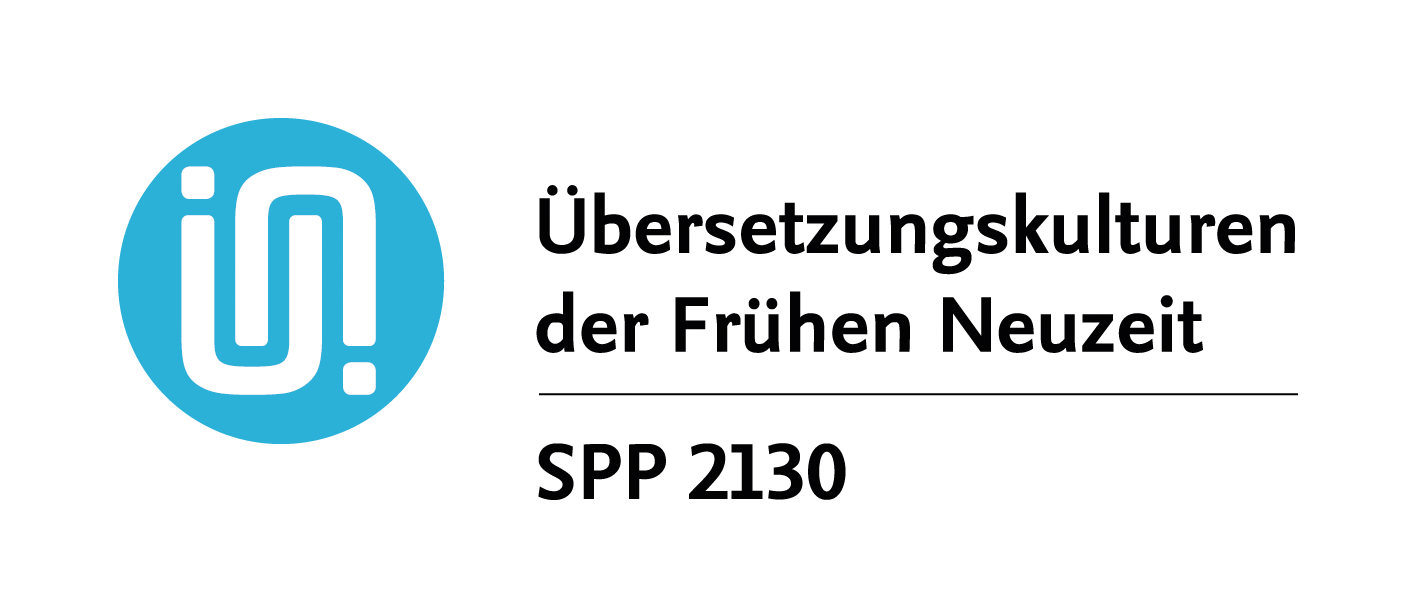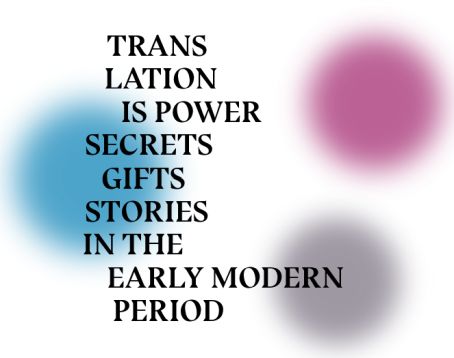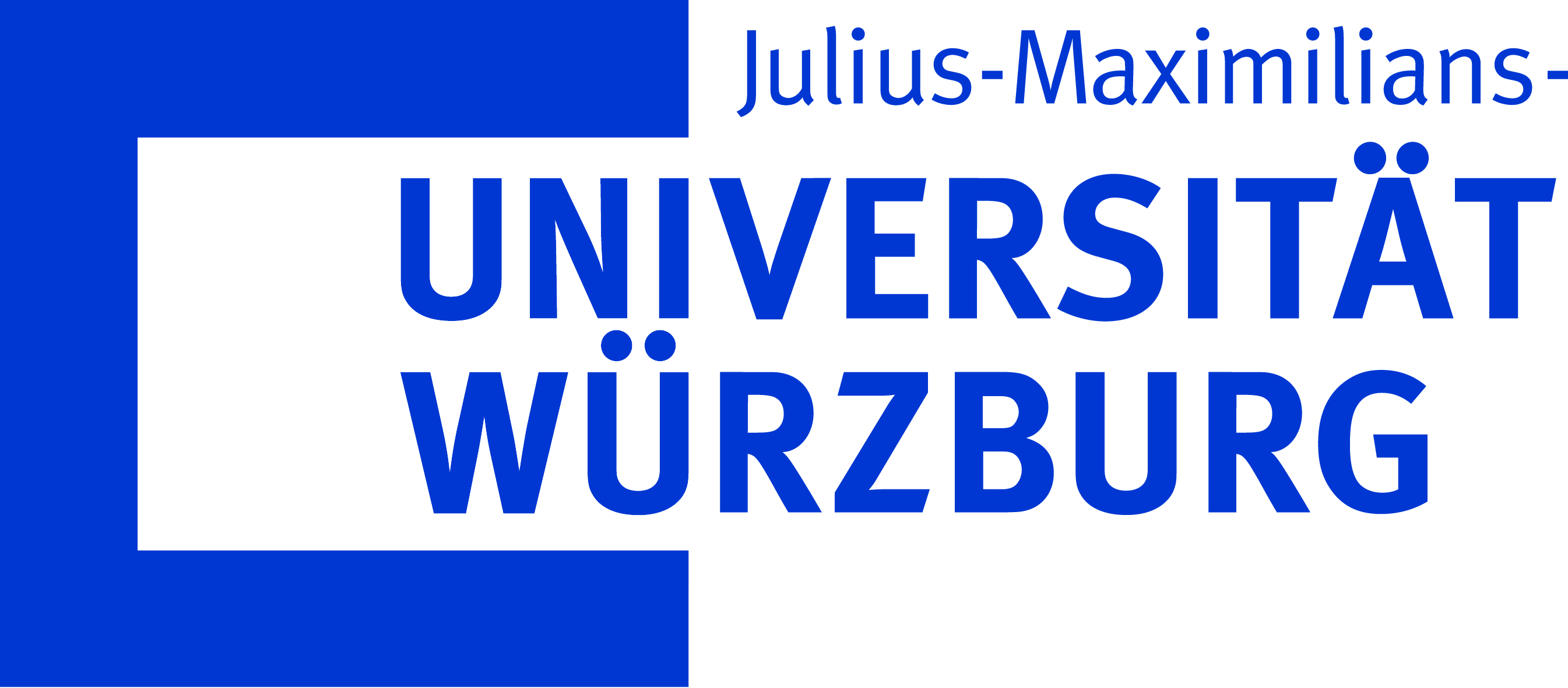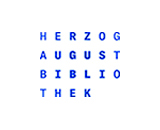Calender
Event Information:
-
Thu27Jun2024Fri28Jun2024Bonn
Conf.: Contents of Faith in Transfer: Texts and Contexts of Early Modern Catechism Translations
In the context of the various Early Modern evangelizing endeavours within and outside of Europe, which aimed to propagate (competing) varieties of Christianity for religious or power-political reasons, catechisms played an important role. Due to the denominational differentiation within European Christianity in the wake of the Reformation, but also in the context of the missionary work among non-Christian communities and also with regard to different target audiences, there emerged a diversity of texts with quite different circumstances of production. Since these instructional texts were translated into a wide range of local languages and were disseminated in print, they are a rewarding source for the comparative study of aspects and methods of cultural translation. There will be particular focus on the question whether and which differences exist with regard to the translation strategies within the different contexts (inter alia, edification and instruction of an audience adhering to Christian religion already for quite some time vs. mission in non-Christian cultures). Attention will be given both to renderings into smaller European languages and to translations into languages spoken outside of Europe produced in the course of worldwide missionary contexts from the 16th until the 18th century: thus, there are to be contributions on catechism translations into Celtic and Baltic languages, Basque, Yiddish, Greenlandic, Ukrainian, Japanese, Tamil and Zapotec. The speakers from the SPP 2130 include Antje Flüchter, Giulia Nardini, Johannes Müller, Martina Schrader-Kniffki and Katja Triplett.
The international conference is hosted by the Celtic Studies department of the University of Bonn within the context of the SPP project Early Modern Cultures of Translation in Wales: Innovations and Continuities. Further information will follow soon here.




